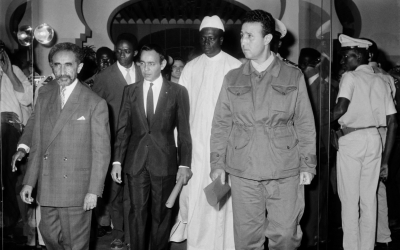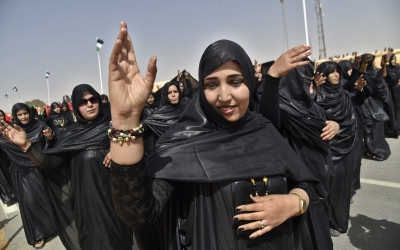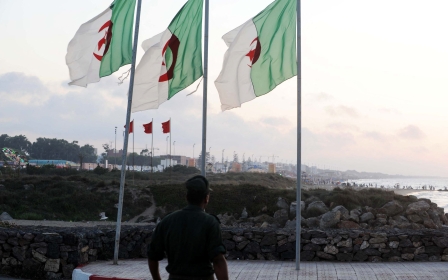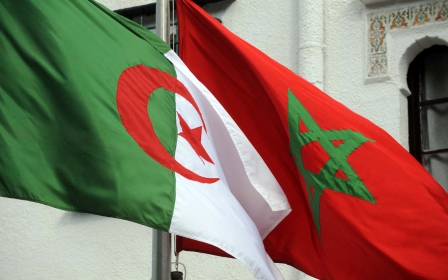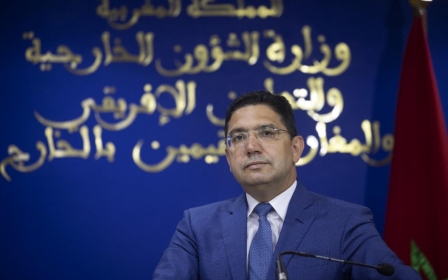Algeria and Morocco trade blows with embassy closure and diversion of gas exports
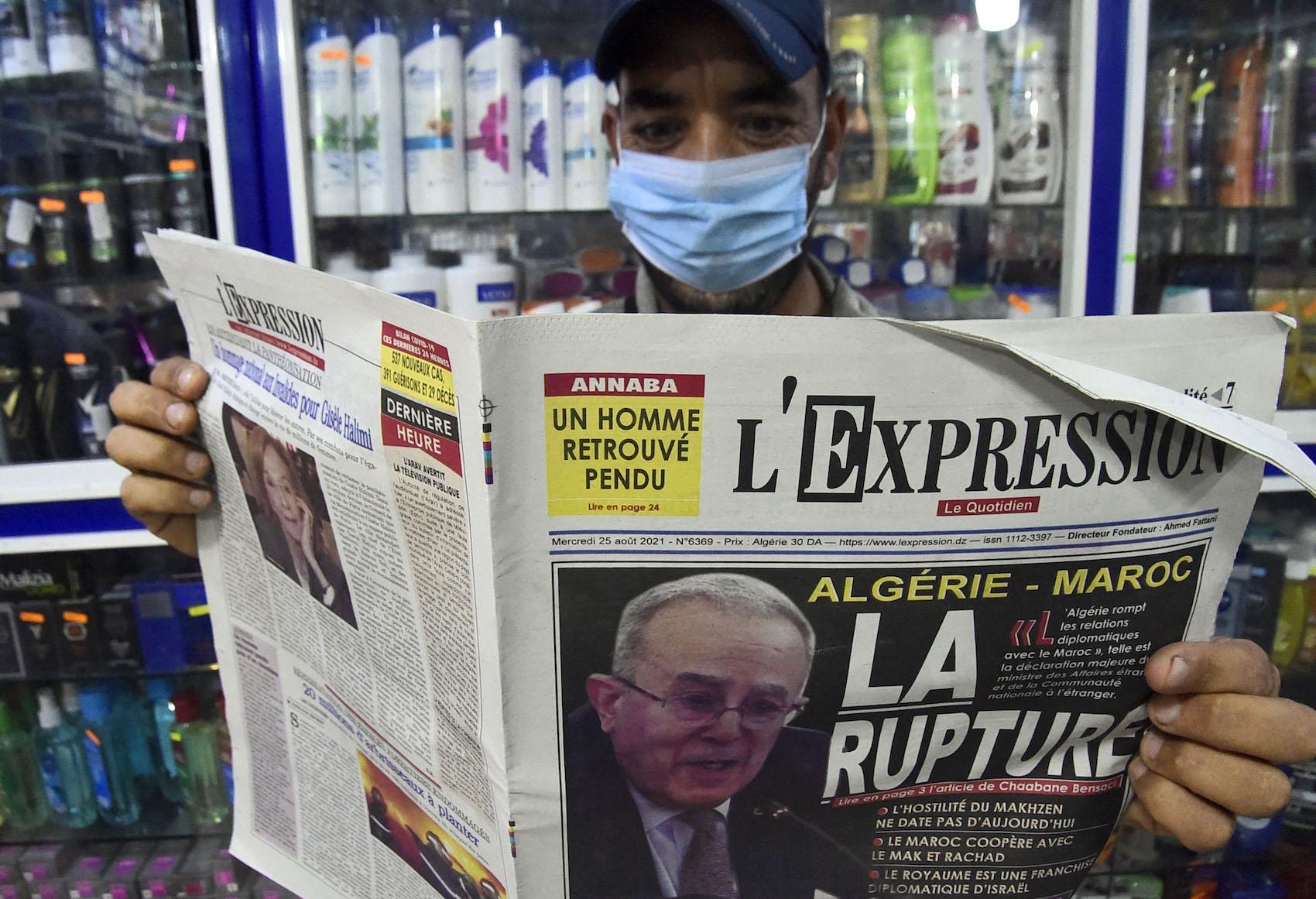
Morocco will close its embassy in Algeria after Algiers severed ties with the kingdom on Tuesday over alleged “hostile actions”, as tensions mount between the North African rivals.
A Moroccan source told AFP on Thursday that from Friday the embassy “will close, and the ambassador and all staff will be repatriated to Rabat".
The source said Morocco's consulates in Algiers, Oran and Sidi Bel-Abbes "will stay open”.
Meanwhile Algeria announced it was ready to divert all its Spain-bound natural gas exports via an undersea pipeline that bypasses Morocco, state media said on Thursday. In a meeting with Spanish Ambassador Fernando Moran, Energy Minister Mohamed Arkab stressed "Algeria's full commitment to cover all of Spain's natural gas supplies through the Medgaz” pipeline, said a statement quoted by the official APS news agency.
Algeria exports natural gas to Spain via both the Medgaz pipeline and the higher-capacity Gazoduc Maghreb Europe (GME) pipeline which runs overland through Morocco.
The GME pipeline, currently owned by Spanish gas giant Naturgy, will be passed into Moroccan ownership on 1 November.
Algeria’s 25-year deal to use the Moroccan section of the GME pipeline to ship gas to Spain will expire on 31 October, according to Middle East Economic Survey (MEES).
Algerian Foreign Minister Ramtane Lamamra cited a number of disputes with Morocco as the reason for Algiers triggering the decision, including Morocco’s recent warming of relations with Israel, the use of the Pegasus spyware, and the two countries’ long-running dispute over Western Sahara, Energy Voice reported.
Algeria has been working to expand capacity at other pipelines to deliver gas to Spain.
Oil consortium Sonatrach is working on expanding its throughput via the Medgaz link, and, together with Naturgy, the two companies expect to increase throughput to 10 billion cubit metres (BCM) per year as of the fourth quarter of 2021 - an increase of 2bcm per year, the website added.
However, experts warn that even with a 25 percent increase in capacity, the Medgaz pipeline alone will not be able to handle what Algeria has historically exported to Spain, which "averaged around 16-18bcm, or 35-40 percent of Algeria’s gas exports", MEES said.
Deteriorating relationship
Negotiations over Algeria's continued access to the pipeline had already been complicated by rising tensions between Algiers and Rabat.
On Tuesday, Algiers abruptly cut diplomatic relations with its western neighbour over alleged "hostile actions", accusations Morocco has dismissed as “absurd”.
The announcement of the rupture came after months of animosity. The North African rivals have long accused one another of backing opposition movements as proxies - Algeria's support for separatists in the disputed region of Western Sahara is a particular bone of contention for Rabat.
Morocco condemned Algeria's move to break off relations as "completely unjustified" on Tuesday, but added that it was also unsurprising.
Algeria had accused Morocco of funding separatists in the Tamazight-speaking Kabylia region and encouraging them to ignite wildfires, which have been raging across the country in recent weeks, claiming dozens of lives. There is no evidence that Kabylia separatists were responsible. Morocco described the accusations as a "false, even absurd" explanation, as well as the claim that Israel was also behind the fires.
Morocco’s normalisation of ties with Israel last year, as a quid pro quo for US recognition of Moroccan sovereignty over the Western Sahara, also angered Algiers.
At the end of last month, King Mohammed VI deplored the tensions with Algeria and invited its president, Abdelmadjid Tebboune, "to make wisdom prevail" and "to work in unison for the development of relations" between the two countries.
Middle East Eye propose une couverture et une analyse indépendantes et incomparables du Moyen-Orient, de l’Afrique du Nord et d’autres régions du monde. Pour en savoir plus sur la reprise de ce contenu et les frais qui s’appliquent, veuillez remplir ce formulaire [en anglais]. Pour en savoir plus sur MEE, cliquez ici [en anglais].


